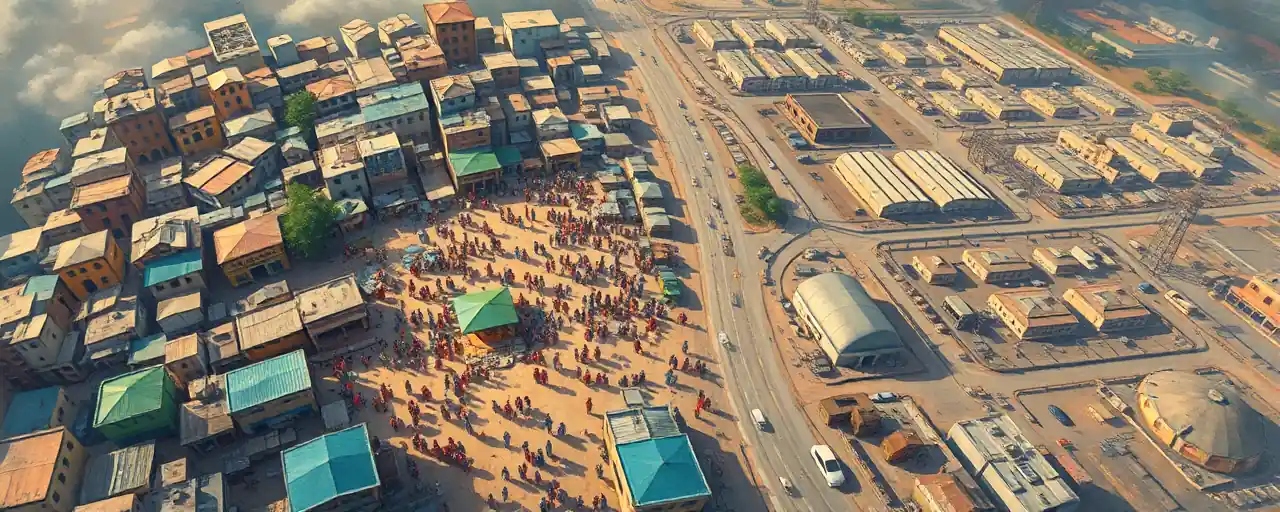A Diplomatic Exchange With High Stakes
On April 7, 2025, U.S. Secretary of State Marco Rubio dialed up Pakistani Deputy Prime Minister and Foreign Minister Ishaq Dar. The call wasn’t just a courtesy; it carried the weight of shared goals and thorny issues. At the heart of their talk was gratitude for Pakistan’s arrest of Mohammad Sharifullah, an ISIS-K operative now in U.S. custody. That move, a tangible win for both nations, spotlighted a partnership that’s long wrestled with trust and triumphs. From counterterrorism to trade, the conversation laid bare the intricate dance between Washington and Islamabad.
This wasn’t a one-off chat. It built on decades of collaboration, often tested by diverging priorities. The arrest of Sharifullah, linked to deadly attacks, underscored a mutual interest in choking off extremist networks. Yet, beneath the surface, the dialogue hinted at broader challenges, economic pressures, and a shifting global landscape. For readers new to the tangle of international relations, this moment offers a window into how two nations balance security needs with the gritty realities of commerce and diplomacy.
Counterterrorism: A Shared Fight, Uneven Ground
The U.S. and Pakistan have tangled with terrorism together since the early 2000s, when the 9/11 attacks thrust them into an uneasy alliance. Pakistan’s role in nabbing Sharifullah echoes past successes, like joint operations that crippled al-Qaida’s reach. Recent years have sharpened focus on groups like ISIS-Khorasan, which thrive in Afghanistan’s chaos and threaten both nations. Rubio and Dar’s pledge to keep cooperating reflects a hard-earned lesson: neither can go it alone when borders blur and militants adapt.
Still, it’s not all smooth sailing. Pakistan’s deportation of Afghan migrants, some tied to violence, has sparked debate. Rights advocates warn of hardship for those sent back to Taliban-controlled Afghanistan, while Pakistani officials argue it’s a security must. The U.S., keen on law enforcement alignment, backs Pakistan’s push to curb illegal crossings. History shows this partnership thrives where interests align, but stumbles when suspicions, like Pakistan’s ties to certain factions, muddy the waters.
Trade and Tariffs: Dollars, Jobs, and Minerals
Beyond security, Rubio and Dar dug into economics. The U.S. has slapped a 29% tariff on Pakistani exports, hitting the textile industry that employs millions. Pakistan, in turn, has its own steep duties on American goods. Both sides want a fairer deal, but the numbers tell a lopsided story: Pakistan leans heavily on U.S. markets, while its exports barely dent America’s trade ledger. Talks of critical minerals, like copper and lithium, signal a pivot. The U.S. sees Pakistan’s reserves as a supply-chain lifeline; Pakistan sees jobs and cash.
The mineral angle isn’t just talk. A U.S. delegation heads to Pakistan’s Minerals Investment Forum this week, eyeing projects like the Reko Diq mine. It’s a chance to shift gears from aid to investment, though hurdles loom. Security risks in Balochistan and China’s regional footprint complicate the play. For everyday people, this could mean new opportunities, or just another layer in a game of global chess.
Pakistan’s Voice on the World Stage
Pakistan’s fresh seat on the UN Security Council, starting January 2025, gave Rubio and Dar plenty to chew on. Islamabad’s agenda is packed: counterterrorism, climate funds, and peace talks in places like Gaza. It’s no small role for a nation that’s logged eight UNSC terms since 1947. Pakistan wants to amplify issues like Kashmir and push for a less lopsided council structure. Rubio signaled U.S. support for tackling global headaches together, a nod to Pakistan’s growing diplomatic muscle.
This stint isn’t just symbolic. Pakistan chairs sanctions committees on terrorism, a perch that shapes how the world hits back at extremists. Its peacekeeping creds, with boots on the ground in 46 missions, bolster its case. Yet, without veto power, its sway has limits. For those watching from afar, it’s a reminder that even non-permanent players can nudge the needle on crises that ripple worldwide.
What Ties It All Together
The Rubio-Dar call stitched together threads of a partnership that’s as old as it is complicated. Counterterrorism wins like Sharifullah’s arrest show what’s possible when the U.S. and Pakistan sync up. Trade tensions and mineral prospects reveal the economic stakes, while Pakistan’s UNSC role hints at broader ambitions. It’s a relationship that’s weathered distrust, sanctions, and shifting alliances, yet keeps finding footing where goals overlap.
For anyone trying to make sense of it, the takeaway is clear: this isn’t about grand ideals or easy fixes. It’s about two nations grinding through practical problems, security threats, and economic lifelines. The road ahead promises more of the same, a mix of hard-won progress and stubborn snags, all playing out on a stage that’s anything but predictable.
